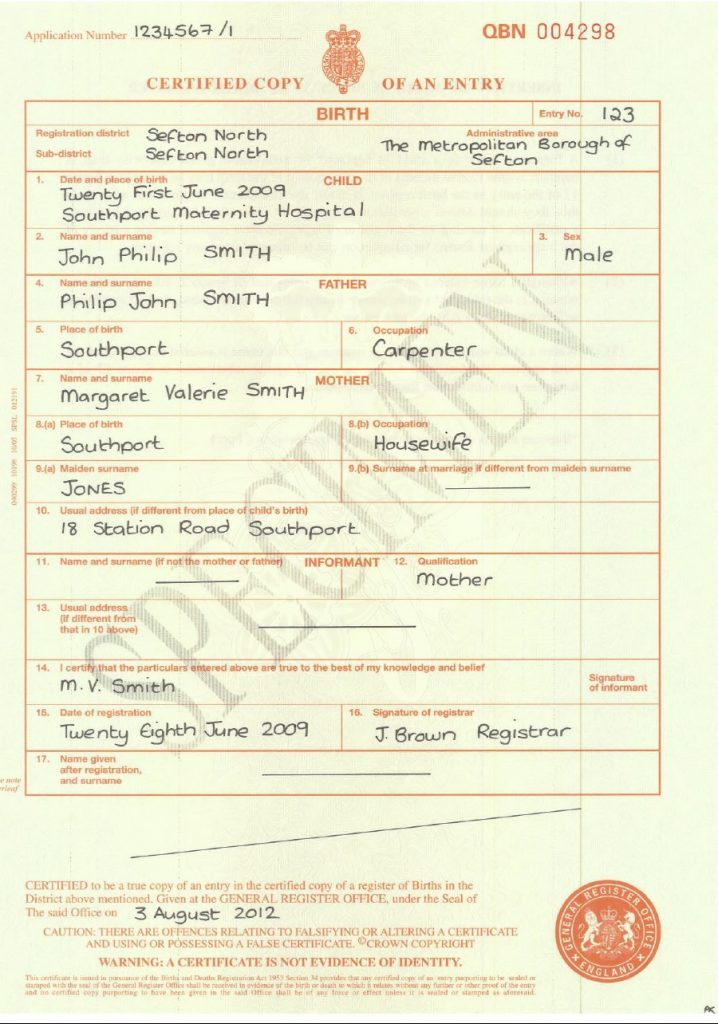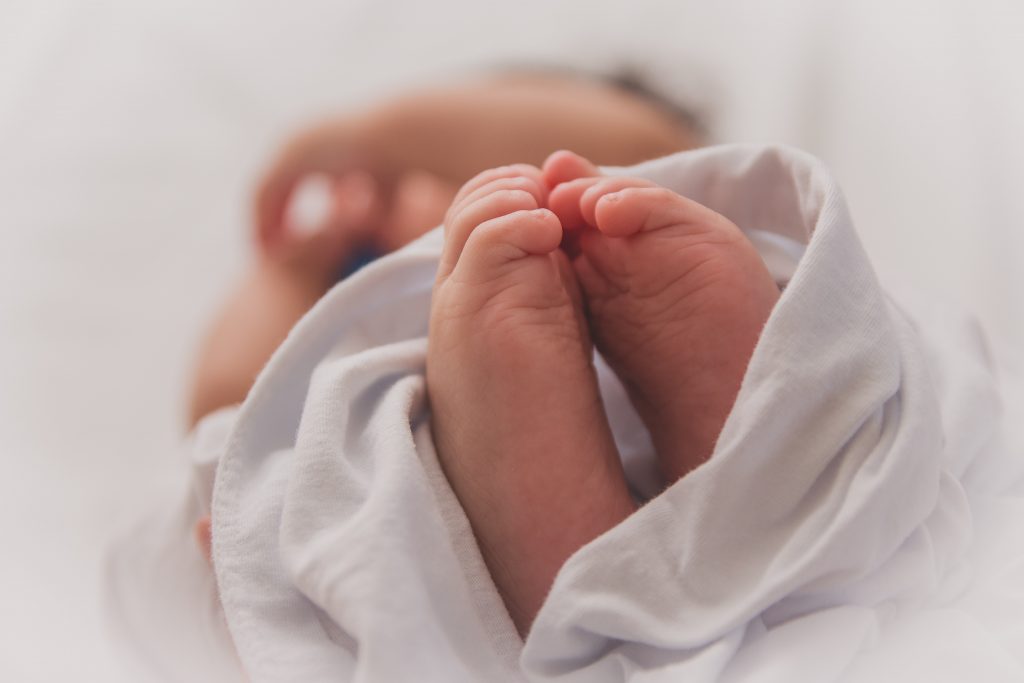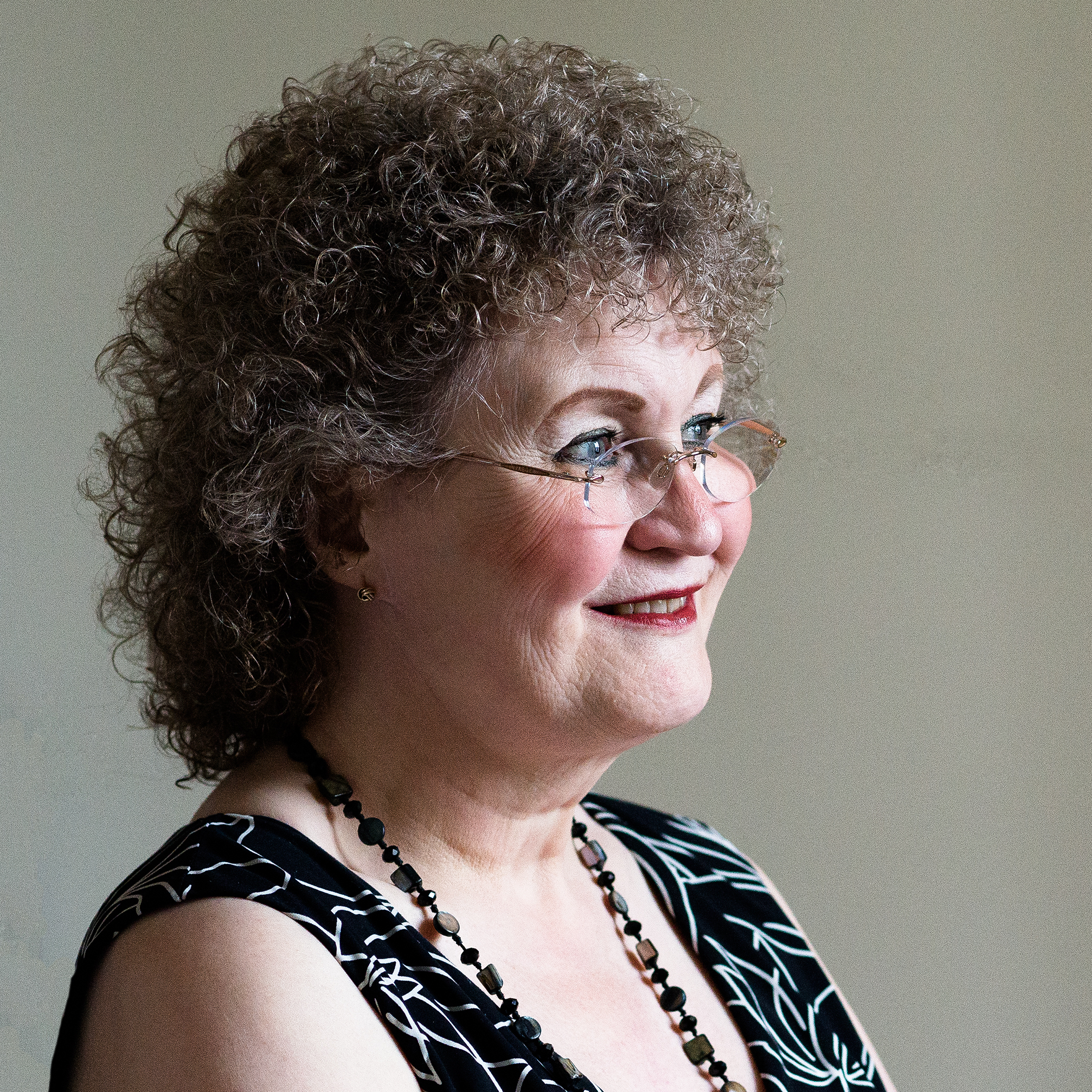Christine Burns MBE is an author, editor and equality activist and she explains how the Gender Recognition Act came into being and why proposals to update the legislation will protect human rights and bring the process of changing birth certificates in line with passports and driving licences.
The Gender Recognition Act (GRA) was overwhelmingly passed by Parliament in 2004 in order to enable trans people to change a document that is very seldom used.
Check it out – when did you (honestly) last need to dig out your birth certificate and what did you need it for? Applying for a job? Getting married? That’s how rarely most of us need to show people that little piece of paper.
Your birth certificate is not an identity document. Check out the words on the certificate if you doubt me.
When did you (honestly) last need to dig out your birth certificate and what did you need it for?
Frederick Forsyth’s bestselling thriller ‘Day of the Jackal’, in which criminals used the birth certificates of dead babies to acquire passports, helped show exactly why you should never demand a birth certificate as a serious proof of anything.
 A specimen of a birth certificate. Credit: Wikimedia Commons
A specimen of a birth certificate. Credit: Wikimedia Commons
So, why was a law needed for changing it? And why all the fuss now about updating that law?
Well, the sad fact is that some officials do still demand to have sight of your birth certificate — especially if you are applying for any job in public service.
There’s a touching faith in the document’s veracity as a means to prove you are who you say you are.
Given that people do still demand to see your birth certificate it matters awfully if the document you have doesn’t describe the person you are.
With other documents it’s simple. Lots of people change their name.
Change your driving licence? Easy, just send in some basic evidence.
Change your passport? Fill in a form. You don’t need a doctor’s diagnosis.
 Credit: Unsplash Luma Pimentel
Credit: Unsplash Luma Pimentel
There used to be a mechanism for birth certificates too. Registrars could update certificates. Trans people used that ability quite widely up until 1970 — and then the door was closed to prevent trans women marrying men.
Taking away that option placed trans people at risk of discrimination. And so, after 34 years and four cases in the Human Rights Court, the Gender Recognition Act (GRA) 2004 was created to deal with a need unique to trans people.
The GRA sought to address egregious violations of Article 8, of the Human Rights Convention
The GRA sought to address egregious violations of Article 8, of the Human Rights Convention, the right to private life and correspondence: an unchanged birth certificate exposed trans people to identification and discrimination.
It also addressed Article 12: the right to marry and found a family. The problem about this first attempt at legislation was that lawmakers were frightened of the unknown, so they involved doctors to underwrite GRA applications — something the doctors themselves were very unwilling to be co-opted into.
And the application of that provision is what has made the GRA a nightmare to navigate in practice — so much so that only about 5000 have applied and succeeded in 14 years.
The proposal to update the GRA is mainly about removing the medical evidence requirement.
The proposal to update the GRA is mainly about removing the medical evidence requirement. The other checks would remain, bringing the process into line with changing driving licences and passports.
‘Self ID’ was the unfortunate name chosen for what is merely simplification. But the purpose and effect of the GRA will remain what it always was: a means for trans people — and trans people alone — to update a document that otherwise doesn’t describe their lived reality and exposes them to discrimination.
Christine Burns MBE is editor of Trans Britain: Our Long Journey from the Shadows (Unbound, 2018) and author of the two volume eBook set ‘Pressing Matters’.






